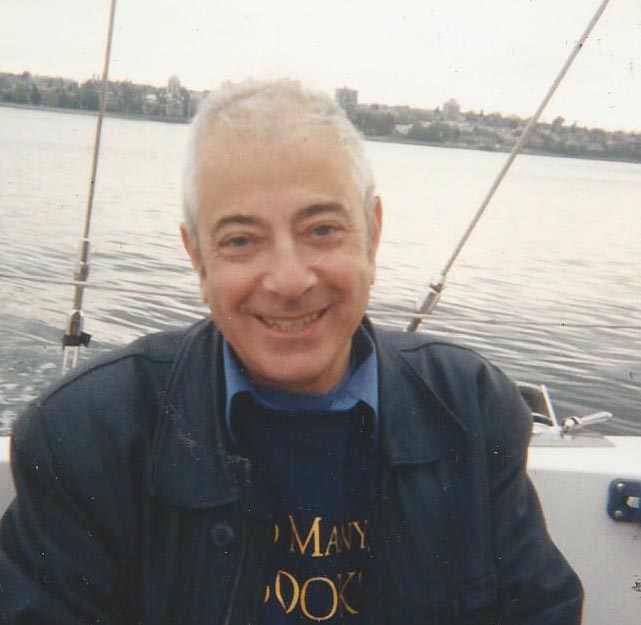By Peter Hechtman
Tayari Jones, An American Marriage, Algonquin Books, 2018

Peter Hechtman.
At the center of this novel’s plot is the arrest, conviction, and incarceration of a young man for a rape he did not commit. You will have no trouble deducing that this American marriage is between African-Americans. The occurrence of such miscarriages of justice is altogether too frequent even in the enlightened 21st century. The author, however, has chosen not to politicize the issue but rather to examine the shattering impact it has as the story ripples through the couple and their families.
The beautiful Celestial, pampered and artistic daughter of a successful Atlanta family, is married to Roy, a Louisiana country boy with drive and determination to succeed. Three years into her life as a convict’s wife, Celestial discovers that she does not have the moral stamina for this vocation.
Thus enters the third side of the love triangle which constitutes the framework of An American Marriage. He is Andre, the proverbial boy next door, who has been in love with Celestial since childhood.
The story of this threesome unfolds using an unusual narrative technique. Instead of an omniscient third-person narrator, we have alternating chapters narrated by each of the characters. This serves to keep track of information only known by each one of the characters, but it also reveals something else. Each narration contains a record of thoughts and beliefs that are noble and sentiments that are sincere, but also actions that are not quite so noble or sincere.
In this story, it is the actions and choices of Celestial that are most under the microscope. The judgement on her is harsh. She lacks the gravitas to wait for her man as long-gone generations of black women have stoically kept the home fires burning when their men were taken away. As a child of affluence, she has been directed by her feelings, not by the commands of duty. The origins of this judgement are also of interest. In an era of pop culture misandry readers will be surprised that, in this novel, fathers are treated as wise and experienced, as givers of sound advice, and as sources of moral authority. Even the negative archetype of the runaway father is redeemed by the wisdom and protection he belatedly offers his son.
This novel celebrates the achievements of African Americans in the post-Civil Rights era at the same time as it warns that the dreadful past is still present.
Roy is released after five years of imprisonment and the stage is set for the confrontation of the three principals of the love triangle. How does that go? Suffice it to say not in any way that any of them has planned it to go.
How does the author untangle these love knots? I shall have to keep some of her secrets for now.